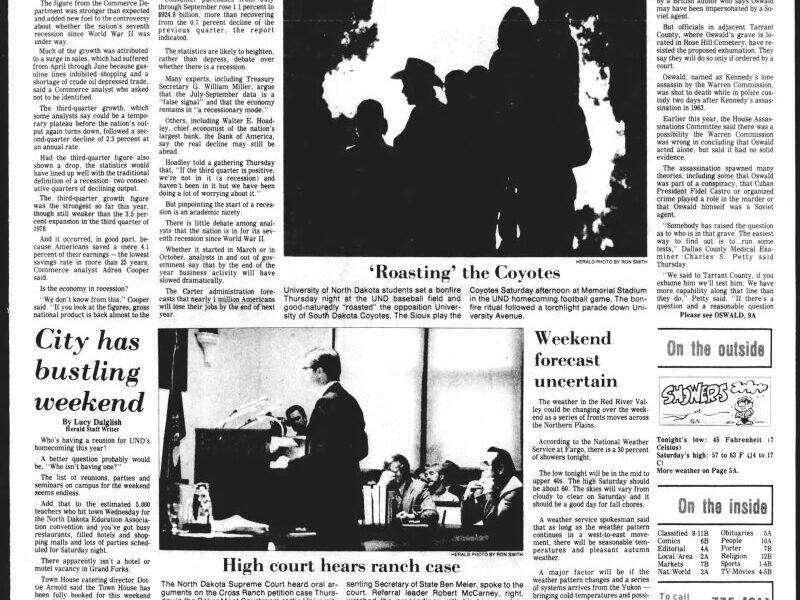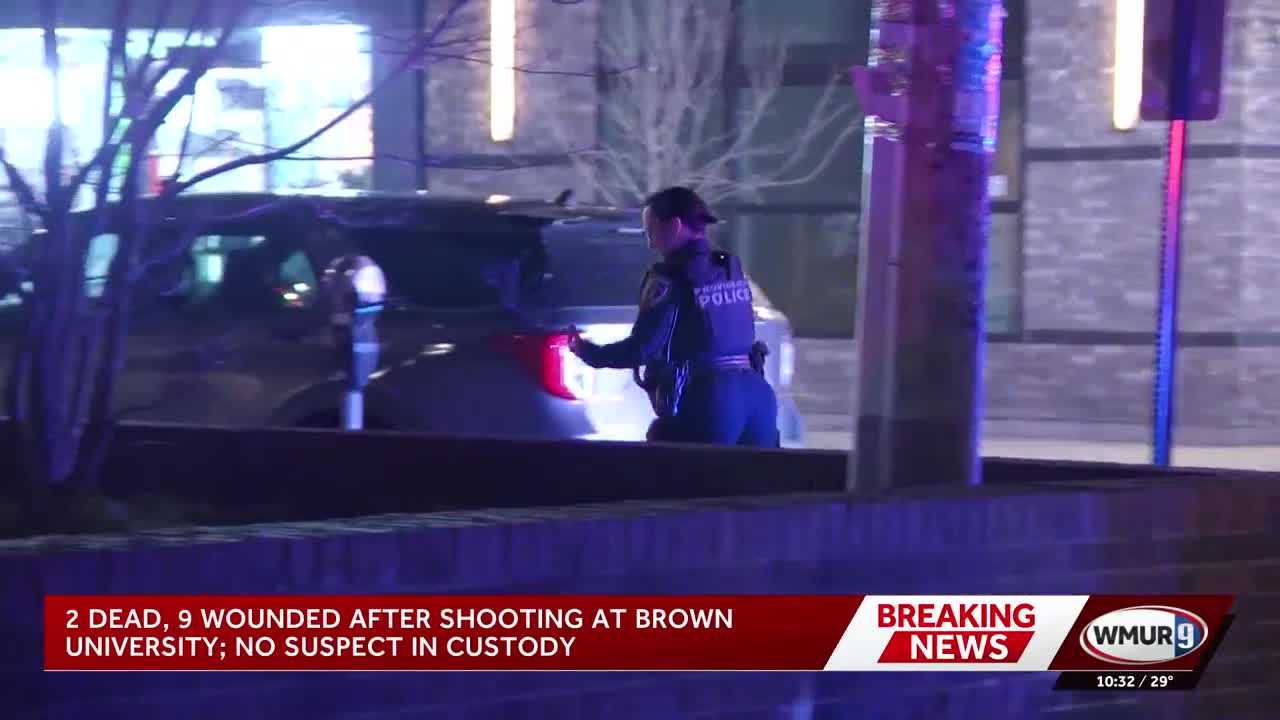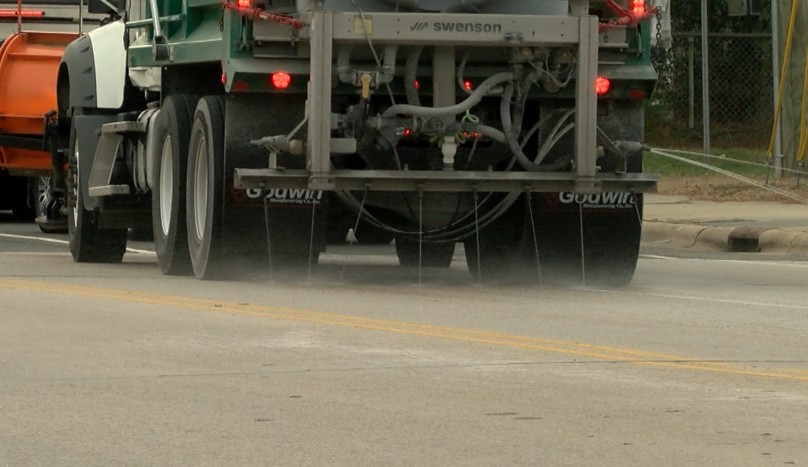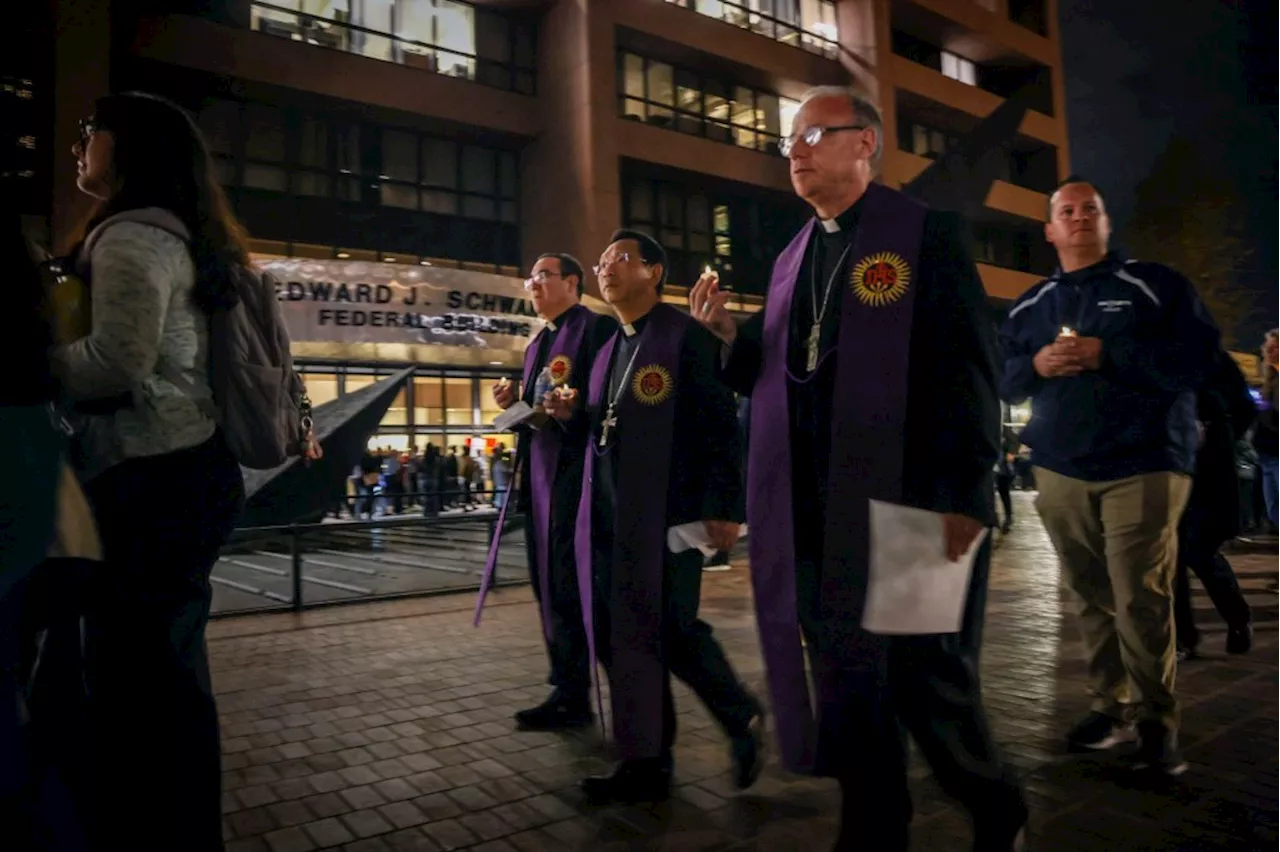URGENT UPDATE: The North Dakota Supreme Court is currently deliberating a crucial case regarding the Cross Ranch legislation, which could significantly impact state park funding. This hearing, held on October 18, 1979, has drawn attention due to the controversial rejection of signatures that could refer the legislation to voters.
The case centers on whether Secretary of State Ben Meier acted appropriately when he dismissed signatures from a petition aimed at putting $2.6 million in veteran bonus funds towards the acquisition of the 10,000-acre Cross Ranch. The petition fell short of the required 12,356 signatures due to concerns over “full post office addresses.”
During the hearing, attorney Patrick Conmy, representing petition leader Robert P. McCarney, challenged the definition of a valid post office address, questioning the legality of rejecting signatures from residents of larger cities like Bismarck and Fargo. Conmy argued that many residents simply listed their city as their address, which should not have been grounds for dismissal.
“What in the hell is a post office address?” Conmy argued, emphasizing the confusion surrounding the state’s requirements. He noted that a sample petition had previously been approved without the detailed addresses that the Secretary of State later deemed necessary.
In response, assistant attorney general Murray G. Sagsveen defended Meier’s decision, claiming that most residents in larger cities could not receive mail without a full address. He revealed that out of 360 postcards sent to petitioners lacking specific addresses, a staggering 290 were returned due to insufficient addressing.
Conmy also criticized the procedure used by Meier to validate the signatures. He expressed concern that the Secretary of State’s office failed to accept corrected addresses submitted after the initial rejections, stating, “Does the Constitution say we have to go to each person who signed the petition and have them correct their own addresses?”
The justices are currently weighing the arguments, having taken the matter under advisement after hearing compelling testimonies from both sides. This case could set a significant precedent for how petition signatures are validated in North Dakota, affecting future legislation and citizen initiatives.
As the situation develops, stakeholders and citizens alike are watching closely to see how the court will rule on this pivotal issue. The outcome may not only determine the fate of the Cross Ranch acquisition but also influence the administrative processes surrounding voter petitions in the state. Stay tuned for further updates as we monitor this critical legal battle.







